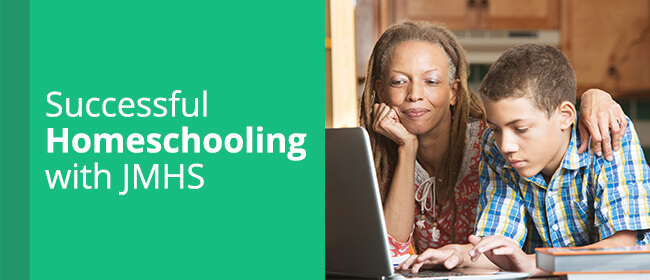
Doesn’t it seem like everyone is homeschooling? And if they’re not, they’re thinking about it or their kids are begging them to think about it?
There’s a reason it seems that way. The most recent data from the U.S. Department of Education estimates 1.8 million 5- to 17-year-old students were homeschooled for the 2011-2012 school year. (It’s worth nothing, the highest percentage were high schoolers.) Obviously, that’s not everyone. But it’s not an insignificant number, especially considering the number of homeschoolers in the U.S. increased by nearly 1 million between 1999 and 2011.
Keeping up with the Joneses is no reason to do anything–especially when it comes to education. And if it’s the kids who are pushing for it, well, it could be for a variety of reasons–good and bad. Ultimately, how do you decide if it’s time to pull the plug on brick-and-mortar school and commit to homeschool instead?
Some families bring their teens home for high school as a reaction to negative experiences in the traditional environment. Consider these questions:
On the flip side, some families choose to homeschool their teens because of the uniquely positive outcomes it can provide. These scenarios might sound familiar:
Learning at home is both an excellent opportunity for parents to create a more encouraging environment for their struggling teens and a less discouraging environment for their high-achieving teens. Ultimately, it’s about setting up your child for success. Education is preparation for life–an experience that’s clearly unique for every person. Education that’s customized can minimize weakness and maximize natural abilities, establishing confidence your teen will carry into adulthood.
If you have questions about the JMHS homeschooling online high school curriculum, please call 1-800-349-6861 to speak to an admissions advisor.
Don’t be intimidated by the idea of homeschooling!
In the next blog: How Do You Homeschool When You’re Not a Teacher?